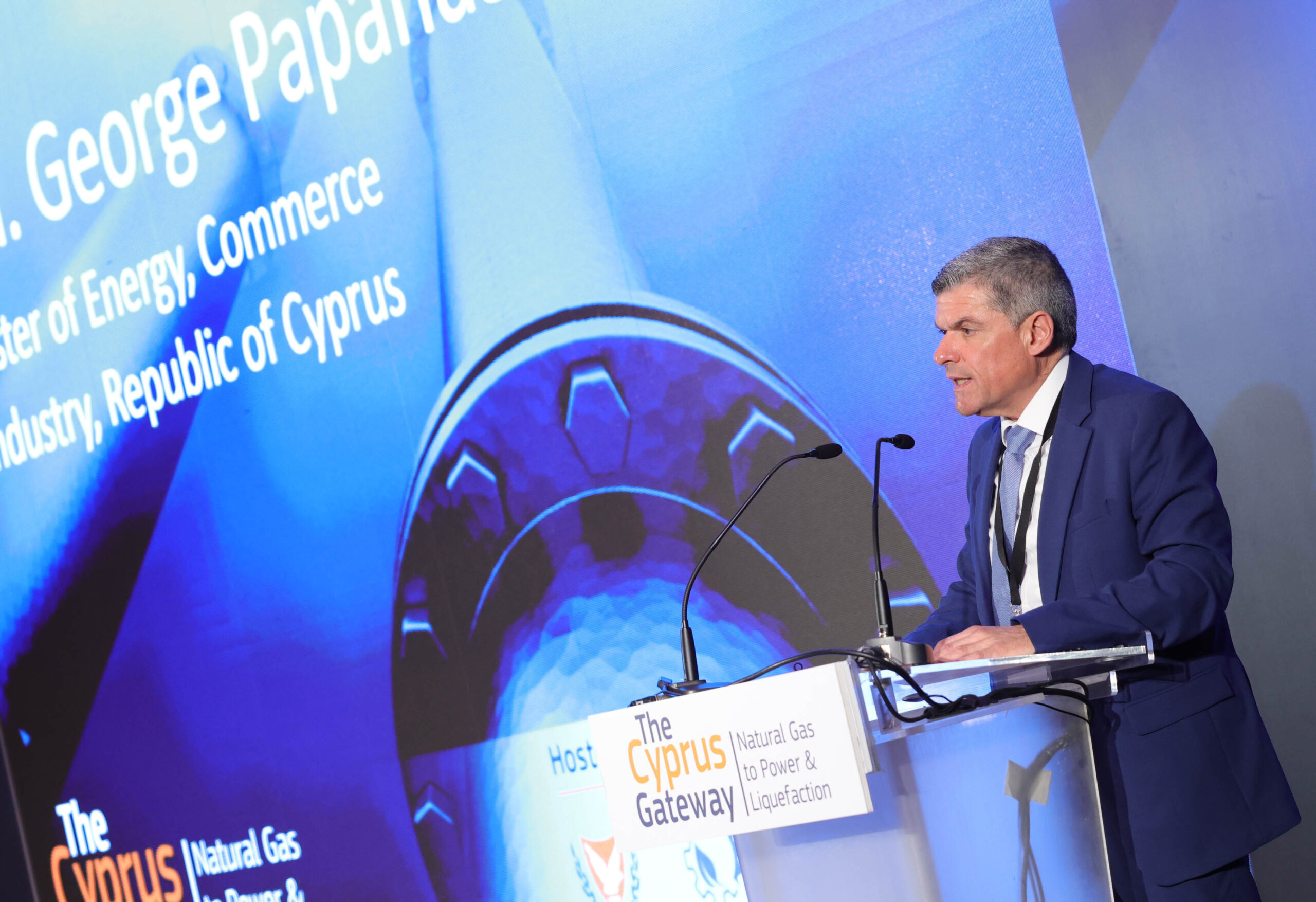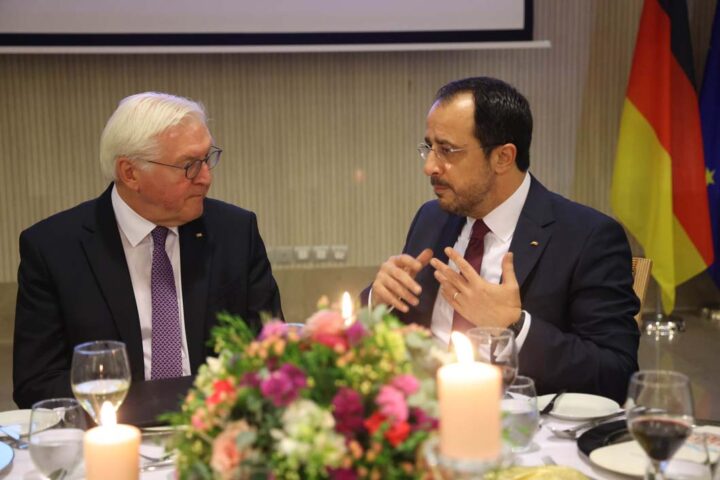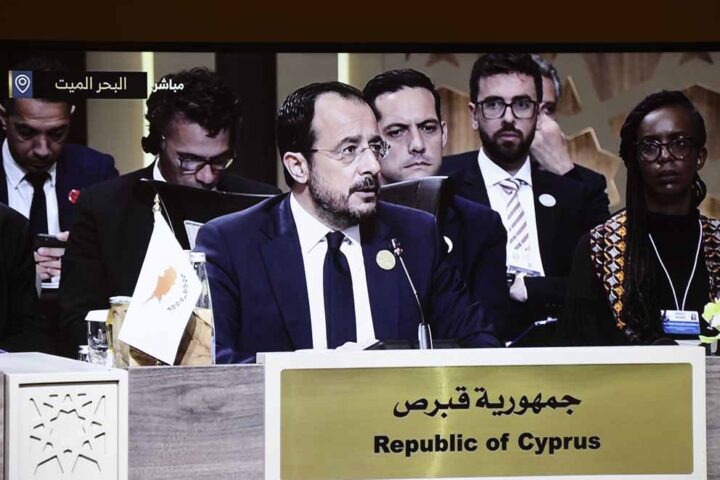It is difficult to keep up with the rapidly evolving geopolitical developments in the region, especially when you are a small player on a bigger game board.
Cyprus’ energy discoveries remain unutilised for over a decade, with onstream output not expected for another five years, at best.
And matters will get more difficult with Turkey’s Erdogan remaining in power after his elections.
He is expected to return very soon with his eastern Mediterranean agenda, which includes stonewalling any effort by Cyprus to exploit natural gas reserves.
The oil and gas majors met with the Energy Minister this week, telling him, politely, to forget setting up a natgas plant on the island and send any supplies to Egypt for processing and exports.
They also hinted that any subsea pipeline, such as the EastMed, would be more viable if it went through Turkey.
With its love-hate relationship with Ankara, even Israel wants to restore relations, especially as it enjoys warm ties with Azerbaijan.
At the same time, Erdogan seems prepared to change his tune if that means getting on with Tel Aviv and, by extension, Washington, DC.
The Turkish elephant in the room cannot be ignored, judging from the welcoming words by European leaders after the election result, suggesting they have adopted the rule, “If you can’t beat him, join him.”
US officials have advised Erdogan that with Europe being his largest and closest economic trade partner, a special partnership should be revived, maintaining a cautious stance on Ankara’s human rights, weaponising Syrian refugees and imperialistic ambitions in the Mediterranean.
Clearly, the intention is to pry the “new and improved Erdogan” away from Putin’s clutches and don’t be surprised if the F-16 fighter jet programme is brought back on track.
Cyprus has far more important issues to deal with, most importantly an uncompetitive economy, which is only saved every couple of years by the occasional burst in the services sector or a rebound in shipping.
Now that the ‘golden passports’ shamble have been done away with, hopefully never to return, other sectors of growth and value-added are needed.
But with a high labour cost, tourism remains an expensive destination, unable to compete with the likes of the Greek islands, Sharm El-Sheikh and Antalya.
The only element that can help keep costs down and probably help with competitiveness is cheaper electricity; the sooner, the better.
Natgas companies offer Cyprus cheap energy to be burned by the state electricity utility, which is probably the best solution to all our problems.
If Turkey doesn’t let Cyprus exploit its gas fields, we might as well re-direct these through subsea pipelines to neighbouring facilities in Egypt.
From there, they will be converted and shipped to bigger markets in Asia and some to Europe, especially as Brussels wants to reduce the use of fuels, liquid or gas, having learnt a painful lesson from its overdependence on Russia.
Cyprus has never properly tapped the free power from the sun and is only now catching up with large-scale solar parks.
We are paying the price for the incompetence of not fully utilising every school roof and government building, whereas Cyprus’ carbon emissions could have been regulated long ago.
It’s not too late to change some of the plans and adapt to the realities of the markets.
The dream of Cyprus becoming a floating energy platform is just that, a dream that has no practical way of being implemented.










